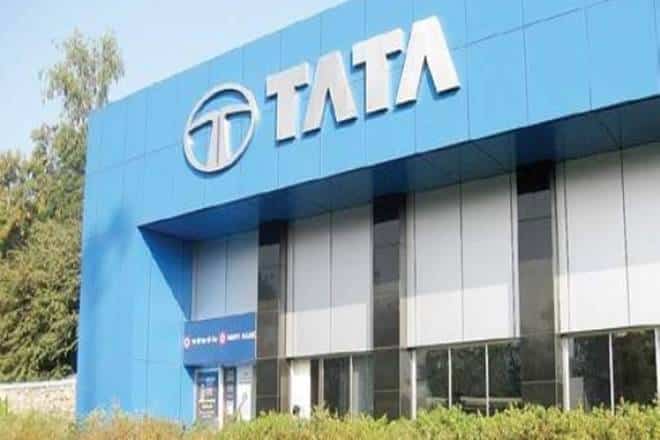Tata Trusts Vice-Chairman Vijay Singh Steps Down from Tata Sons Board

In a surprising turn of events, Vijay Singh, the vice-chairman of Tata Trusts, has resigned from the board of Tata Sons just a day before a scheduled meeting of the holding company’s directors. This decision comes amid an approaching deadline for an IPO mandated by the Reserve Bank of India (RBI). Singh’s resignation raises questions about the future composition of the board, particularly as Tata Trusts holds a significant stake in Tata Sons, the parent company of the $165 billion Tata Group.
Background on Vijay Singh’s Tenure
Vijay Singh, 77, has had a notable history with Tata Sons, having served as a nominee director representing Tata Trusts. He was initially appointed to the board in June 2013 but stepped down in July 2018 upon reaching the age of 70, which was the retirement age for Tata Trusts nominees at that time. Singh was reappointed in February 2022 at the age of 74, following a change in policy that allowed for a more flexible retirement age for nominated directors. Despite his resignation, Singh will remain a trustee of Tata Trusts, indicating that his involvement with the organization is not entirely over.
The decision to resign is particularly unexpected given that nominee directors of Tata Trusts do not have a fixed retirement age, unlike other directors on the Tata Sons board. The recent review of the ages of nominated directors during a Tata Trusts board meeting suggests a shift towards introducing younger members to the board. This move aligns with a broader trend within the organization to refresh its leadership and adapt to changing market dynamics.
Implications for Tata Sons’ Board Composition
Singh’s departure, along with the recent exits of former directors Ralf Speth and Ajay Piramal, leaves Tata Sons with a reduced board of six members. Tata Trusts, which holds approximately 52% of Tata Sons, can nominate one-third of the directors, a requirement currently met by the remaining nominee directors, Noel Tata and Venu Srinivasan. This reshuffling opens the door for new appointments, potentially bringing in fresh perspectives and expertise to the board.
The timing of Singh’s resignation is particularly critical as Tata Sons is preparing for an upcoming board meeting and faces a looming IPO deadline. Tata Capital, a subsidiary of Tata Sons, is seeking a short extension from the RBI for its $1.9 billion IPO, which is anticipated to be one of the largest in the country. The board’s composition will play a significant role in navigating these challenges and ensuring a successful IPO launch.
Future Prospects and Strategic Direction
As Tata Sons prepares for its board meeting, the focus will likely be on strategic decisions that align with the company’s long-term goals. The recent changes in board membership may signal a shift in governance and operational strategies, particularly in light of the impending IPO. The company has applied to the RBI to surrender its core investment company registration, a move that could simplify its structure and facilitate the IPO process.
With Singh’s resignation, Tata Sons is positioned to attract new talent and ideas, which could enhance its competitive edge in various sectors, including aviation and automobiles. The board’s ability to adapt to market demands and innovate will be crucial as the Tata Group continues to evolve in a rapidly changing business landscape. The upcoming decisions made during the board meeting will be pivotal in shaping the future trajectory of Tata Sons and its subsidiaries.
Observer Voice is the one stop site for National, International news, Sports, Editor’s Choice, Art/culture contents, Quotes and much more. We also cover historical contents. Historical contents includes World History, Indian History, and what happened today. The website also covers Entertainment across the India and World.

